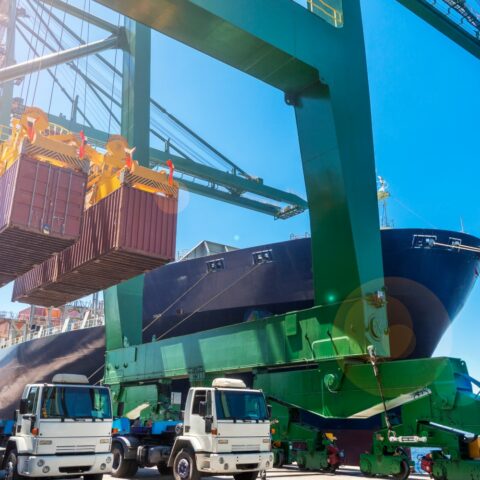The Challenge
In Zambia, customs agents play a crucial role in helping traders navigate complex import and export procedures. Yet, inconsistent professional standards, limited training, and weak regulation made it harder for traders—especially MSMEs—to move goods efficiently across borders.
What We Did
The Alliance project aimed to tackle these inefficiencies through a multi-pronged approach – strengthening institutional capacity, catalysing regulatory reform, boosting digitalisation and promoting cross-sectoral cooperation. Together with the Zambia Revenue Authority (ZRA) and private sector partners, we:
- Developed a national framework to license and regulate customs agents.
- Introduced a standardised training and certification programme, with over 300 agents completing accredited courses.
- Piloted digital tools and upgraded infrastructure at selected border posts to reduce paperwork and errors.
- Ensured gender considerations were integrated into training and recruitment, encouraging greater participation of women in the customs profession.
- Strengthened collaboration between ZRA, the Zambia Revenue Agents’ Association, and businesses to embed reforms.
The Impacts
At pilot sites, the project demonstrated how professionalising customs agents can speed up clearance and reduce costly documentation errors. Agents benefited from clearer rules and stronger credibility, while traders—particularly SMEs—saw more predictable, reliable services. ZRA also enhanced its capacity to regulate and support the profession, laying the groundwork for broader national reform.
Early Closure
In January 2025, a Stop Work Order from the U.S. Department of State led to the withdrawal of USAID funding, closing the project earlier than planned. This limited scale-up beyond the pilot sites, but Zambia now has a tested framework, stronger institutional capacity and lessons learned that can guide future trade facilitation reforms.


 Zambia
Zambia


